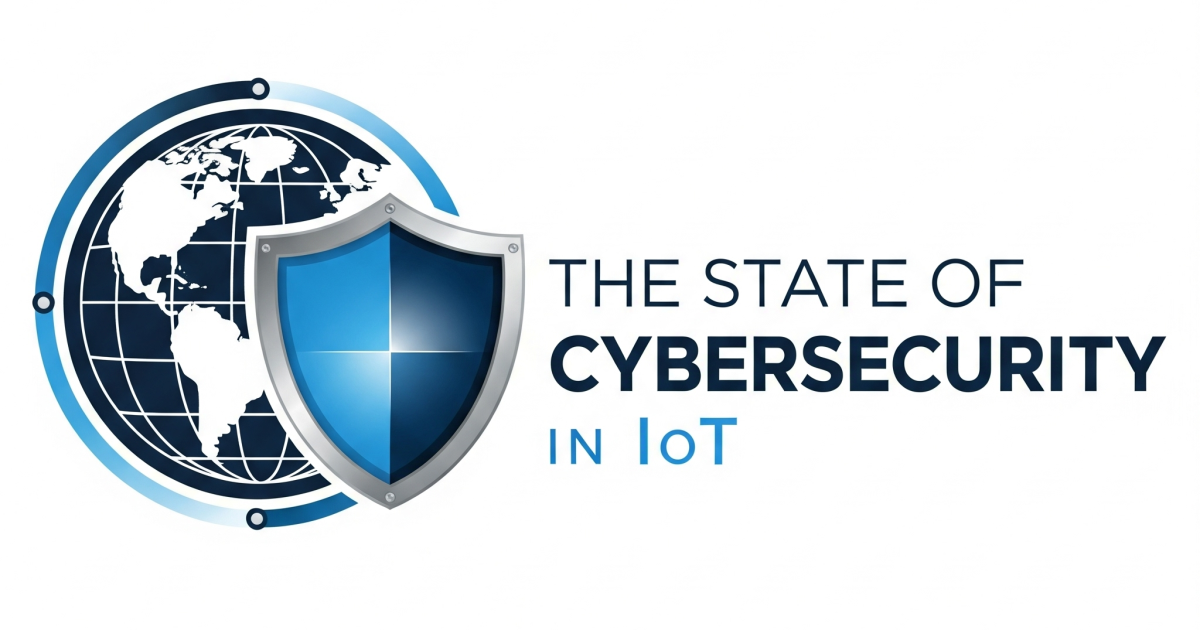A new Internet of Things (IoT) research study from Inmarsat, a major provider of global mobile satellite communications, reportedly has found that agritech businesses are helping many food producers to meet increasingly stringent import requirements by monitoring production, food hygiene, and sustainability through the use of IoT technology. This will accelerate the globalisation of food production by enabling developing country food producers to export to developed economies, where these regulations originate from.
Both the United States and the European Union (EU) have been raising import standards as concerns about sustainable and safe food production gather pace by, for example, imposing new traceability standards on fish imports. Almost 50 percent of agritech respondents in this “IoT in Enterprise 2017” report ranked monitoring and improving health and safety due to industry and government regulation requirements as the main priority in the deployment of IoT applications for the agricultural sector.
“Consumers are becoming more conscious of where their food is coming from and how this is impacting their environment and carbon footprint, whilst also developing a taste for organic and ethically sourced produce,” said Paul Gudonis, President, Inmarsat Enterprise. “With government environmental standards reinforcing these trends and becoming more stringent, environmental, social and financial sustainability is now at the top of the agricultural agenda. This creates a framework of complex standards and regulations, many of which present logistical and operational challenges for the agritech industry.”
Environmental monitoring was the second most important reason reported for the development of IoT solutions, further reinforcing the importance of regulatory demands in driving the adoption of IoT in many sectors. IoT sensors can help the industry keep track of their produce from farm to fork, ensuring import standards are adhered to, regularly monitored and never breached. This ability to track food through the whole supply chain is opening up new markets – particularly in the EU and US – for agribusinesses based in the developing world.
“Inmarsat is working with a variety of agritech companies globally to improve supply-chain efficiencies, particularly in locations where satellite plays a key part in the connectivity mix,” said Gudonis. “We are seeing food producers rising to the challenge by deploying technology to improve traceability and increase visibility over their operations, leading to access into the richest food markets as they are able to easily demonstrate compliance with these standards. Not only will this stand to enrich developing economies, it will also increase competition and lower prices in developed markets, while importantly conserving our precious natural resources.”
You can view the microsite and download the full report here.
Edited by
Ken Briodagh





